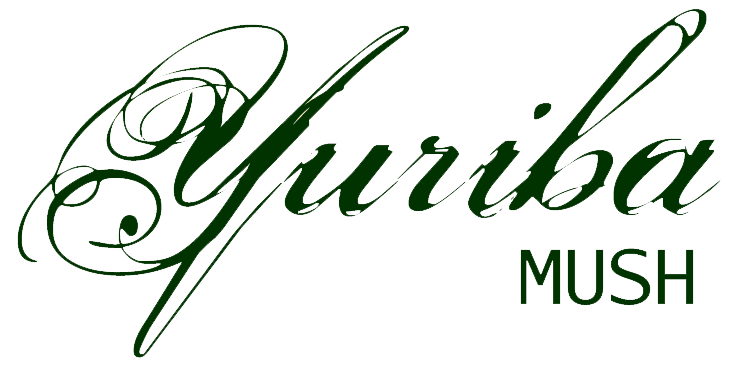Talk:Oread
^^; Speaking as the one who named Airhoil and Ruy - the names aren't Greek/Latin, they're Gaelic. They do have some light similarity, but that's because Gaelic, Latin, and Greek are all Proto-Indo-European languages. --Breisleach 11:24, 10 October 2011 (PDT)
I'll note that "Indo-European names" could mean anything from Spanish to Greek to Persian to Hindi given that the proto-Indo-European language was in fact the ancestor of a whole bunch of languages and we don't really know many of the words of it. It's like saying 'She looks like a person.' Also I can see a few oreads doing the Greek thing, but I'd think it'd be mainly a modern thing given that the cultures ancient Yuriba had contact with were generally either a) the Celts or b) the ones in the area, like the Jomon and possibly some Polynesians, hence why salamanders incorporate Hawaiian. --ZOMGitsRae 08:12, 13 October 2011 (PDT)
I'm gonna be honest here and note I'm really not pleased with this edit. My point wasn't that they could use 'Indo-European' languages, it was that those names were Gaelic and already fit into the native naming schemes. Now, they might deviate in some ways, but deviating to follow a culture that would be extremely unlikely to have had any contact with Yuriba, both on the 'fluffy magical people' plane or in terms of trading with the Lilians is a really far stretch. The idea of sticking to works of art, enterprises, metals, stones, etc? That's fantastic. I really like that. But the list of random Greco-Roman names really, really bugs me. :( If you've got a justification for why that culture, and only that one, would know and use ancient Greek or Latin, I'll listen, but as is, it's just... I dunno, it bugs me. x.x --Breisleach 17:51, 20 October 2011 (PDT)
I will reiterate that the common use of Greco-Roman names is vastly illogical in terms of actual Yuriban history. Factually, the Yuribans are known to have had contact with the Jomon and of course the displaced pre-Irish and Welsh who showed up via celestial folding. They may have also had contacts with nearby cultures - namely the Melanesians and Polynesians, and possibly the Koreans. It's well-established that Yuriban naming traditions derive from Gaelic, Japanese and English, with some Pacific-islander influences. I like Merin's idea about the names being introduced via a few displaced travellers, but I can't see it being a widespread thing, sort of like how subsequent generations of immigrants tend to become more naturalized into the cultures they've moved into. --ZOMGitsRae 23:17, 20 October 2011 (PDT)
I think Merin and I came to an agreement that this is a sub-group of a sub-culture of Yuriba that has this practice, not wide-spread. Also these are mountain spirits who live 1000 years at a time, so some oread are only a scant few generations from their emigration (a little under 2000 years ago). Couple this with the fact that maybe parts of oread society could be a little more insular (being mountain spirits that don't live in houses) and it seems feasible that an oread could name something/someone after their Greek oread grandmother. --Ambistar 05:19, 21 October 2011 (PDT)
